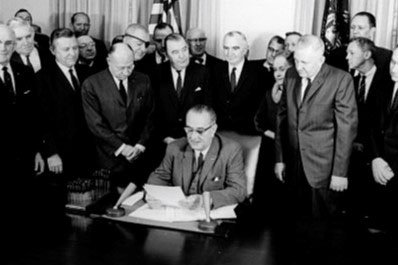OP-EDS
A profoundly faulty generalization, plucked from the brilliant work of Nobel-prize winning economist James Heckman, is sabotaging early childhood policy and jeopardizing the well-being of America’s young children today.
As a third COVID wave sweeps the United States, achievement gaps between higher- and lower-performing students are widening. A national tutoring program is our best chance for averting an educational disaster.
Our excessive focus on schooling — rather than the non-school environments that most powerfully shape children’s lives — continues to hurt the very children we are trying so hard to help.
A state-funded New Mexico study reports “statistically significant” improvements in children’s outcomes, which in real life are essentially meaningless.
Research on the effects of preschool are actually showing the effects of parenting. Preschool doesn’t cause better long-term outcomes — it predicts them.
Small in-home centers care for fewer kids at a time, which means less opportunity for disease transmission — and more opportunity for small-business owners.
High-quality early care — whether at home, a childcare center, or grandma’s house — matters greatly to young children’s healthy development. But to get the economy going again, the critical problem is care for school-age children.
What Detroit desperately lacks isn’t school for 4-year-olds. What it lacks is high-quality child care for the city’s youngest, most vulnerable children.
Tacking additional grades onto a poorly performing school system won’t help the children who need help the most. Improving the 13 grades they already attend could help them a lot.
School choice alone isn’t enough. Real education choice means enabling parents to make sure their child’s foundation is built right in the first place, starting at birth.
While PACE Act supporters claim that it will “promote expanded access to affordable child care for everyone," it will actually do zero for the families who need help most.
When it comes to pre-K, we seem to have forgotten that kindergarten test scores aren’t the goal of early human development.
For low-income and working-class Americans, access to high-quality child care is essential to achieving the American Dream.
Done right, high-quality early childhood programs can help to level the playing field for disadvantaged kids before they enter school. But no program can inoculate children to the damaging effects of poor-quality education down the line.
Despite the widely-repeated claims, pre-K doesn’t give disadvantaged children a strong start, and it doesn’t provide useful child care for large numbers of working parents.
Parents are their children’s first and most important teachers. Yet many don’t recognize how deeply influential they are on their child’s development.

















